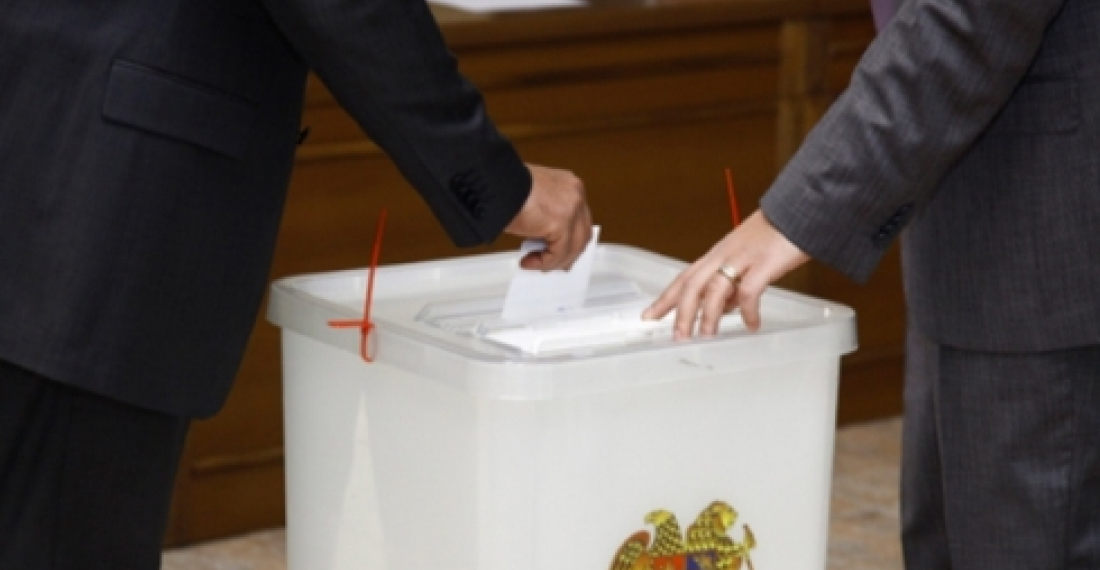In the run up to the forthcoming parliamentary elections in Armenia, scheduled for May 6, the International Observation team of the Office for Democratic Institutions and Human Rights of the OSCE (ODIHR), has issued its first interim report in which it says that candidate registration, which ended on 1 April, was inclusive. Eight parties and one party bloc were registered for the proportional component of the elections, and 155 candidates were registered in the 41 single-mandate constituencies under the majoritarian component. Some 237 of all registered candidates (about 20 per cent) are women.
The report adds that a new Electoral Code was adopted in May 2011. The Code was assessed as comprehensive and generally providing a solid framework for the conduct of democratic elections, but there are still areas where it could benefit from improvement. The elections will be administered by the Central Election Commission (CEC), 41 Territorial Election Commissions, and 1,982 Precinct Election Commissions. The CEC is active in making preparations for the elections, meeting legal deadlines.
The number of registered voters is around 2.5 million. Voters are able to check their records in the voter list, including on the internet, and to request inclusion and corrections to it. Several OSCE/ODIHR EOM interlocutors have raised concerns about the quality of the voter list, which according to the authorities is continuously improving.
The report covers the period from 22 March, when the Mission was launched, until 2 April.
The Head of the ODIHR Observation Mission for the Armenian Parliamentarey Election is Radmila Šekerinska. She will be supported by a Core team of 13 staff from 12 participating States. ODIHR is deploying 24 long-term observers throughout the country and they are expected to be joined on election day by 250 short term observers.
The full text of the 1st interim report of ODIHR on the 2012 Parliamentary Elections in Armenia is available here
source: commonspace.eu
photo: An Armenian ballot box (archive picture courtesy of panarmenian)







